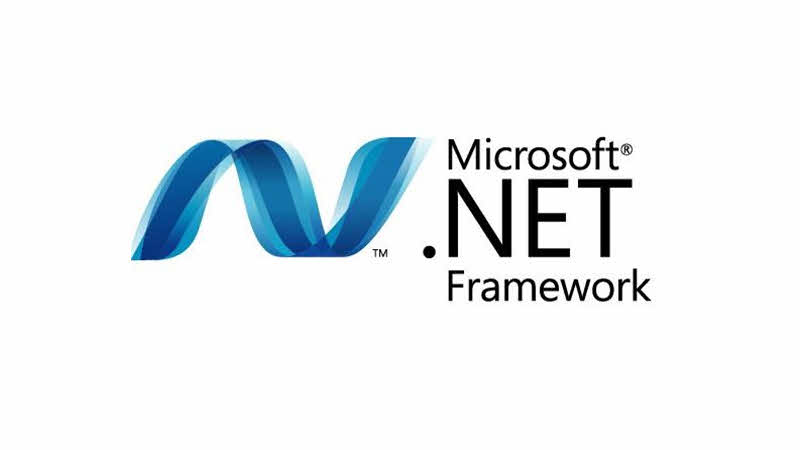How to Make an Effective Use of DotNet Framework
A DotNet platform demands the use of a specific Base Class Library for creating applications. Developing an application even gets simpler if you opt for a library and make it easier to access shared code.
In your attempt to develop an application, you may call on the DotNet Core 3.0 version after gaining some expertise. Once this is done, you will find it easier to involve a library for sharing codes based on the .Net Framework.
Is the .Net Framework Useful for Developers?

While developing and managing Windows applications you will find it more comfortable to use the framework. The .Net Framework is helpful in serving end-to-end encryption for developing Win Forms.
How to Utilize the .Net Framework
-
Develop some Application based on Windows
-
Get the alignment right for ASP.Net MVC and enterprise application with that of Rest and Web APIs
-
Utilize the nature .Net Framework in being flexible towards other languages and yet remaining independent from them
-
Create some application that extends superlative performance
It is very important for you to pursue some unique features and problems for being able to understand the DotNet Framework and DotNet Core technologies and their architecture. For every programmer that requires code-sharing among multiple solutions and projects, it is crucial to gather extra knowledge on Base Class Library.
Can the Code-Sharing Library Be Used Across Different Platforms?
The Base Class Library of .Net Core does not assist programming across other platforms. Your coding actions might be restricted by the Compatibility issues.
Libraries that are closely linked with the DotNet Framework can be utilized for developing apps of identical framework. On the contrary, .Net Core owes much to libraries that are relevant to platforms that create it.
Tips on Resolving the Issue of Compatibility
DotNet Standard fetches you the appropriate solution for a whole lot of issues. .Net Standard is the usual specification that you use for API sets that are compatible with the DotNet Core 3.0. You may use it for a host of other DotNet platforms.
By opting for the .Net Standard, you will find it relevant to match the .NetRuntime while developing the Base Class Library. You must pick the .Net standard for developing an application if you wish to safeguard your shared code inside the Base Class Library. Regardless of whether you are working with DotNet Core 3.0 or using the .Net Framework, you should remember the portability of .Net Standard.
Can the .Net Standard Bond Well with Backward?
Every .Net Version is associated with a few common sets of API. It involves your system collection and System data. Besides some of the latest APIs, you may even access few of the earlier APIs following the introduction of the newest .Net Standard version.
You will achieve an idea on how the latest .Net Standard version can accommodate the different API sets since their inception. It will allow you to utilize many more APIs that earlier when you use a high .Net standard version.
Besides the DotNet Framework, you may explore many more frameworks than the ones that are appropriately matched with the .Net Standard.